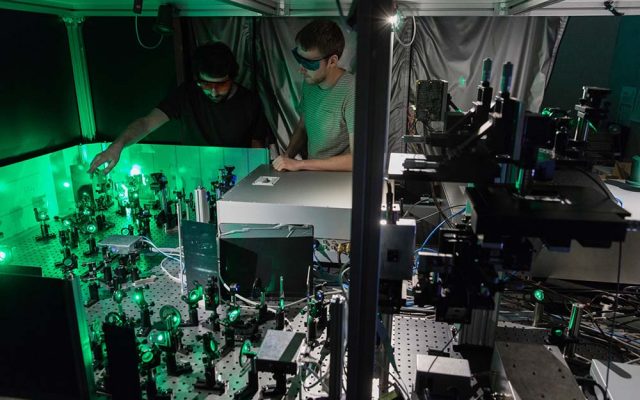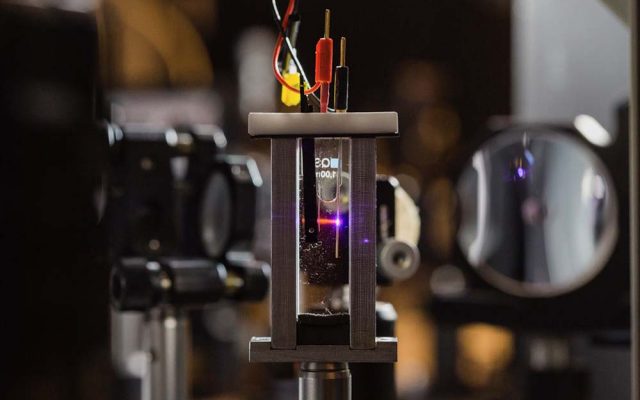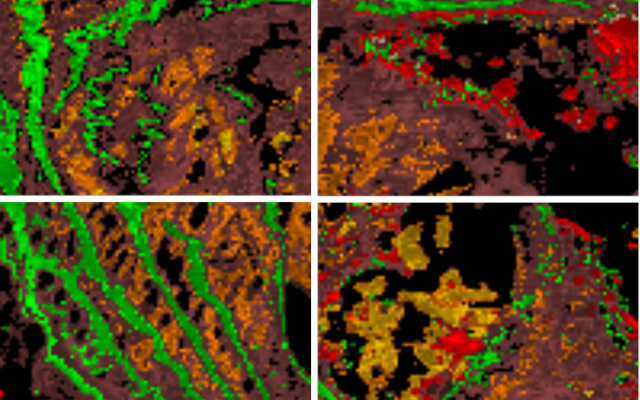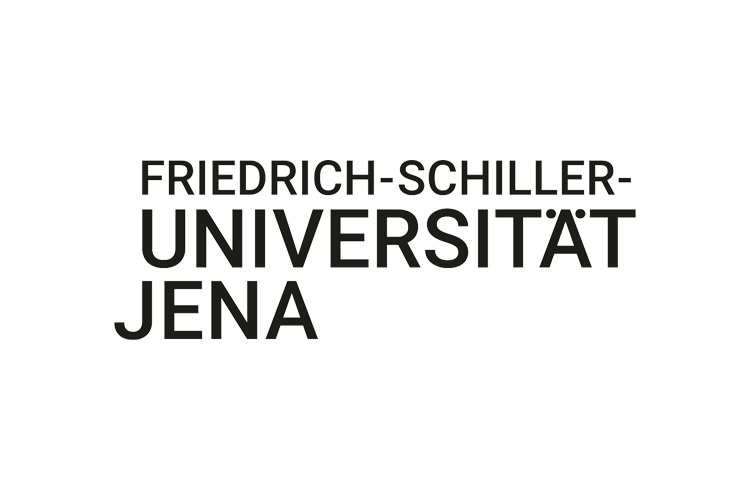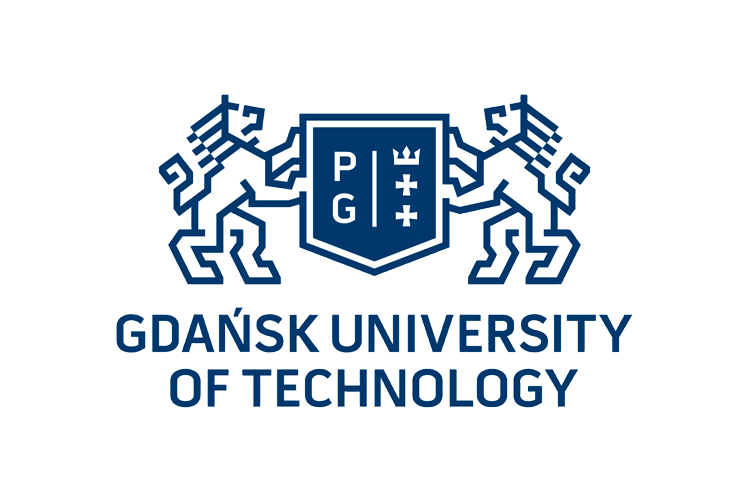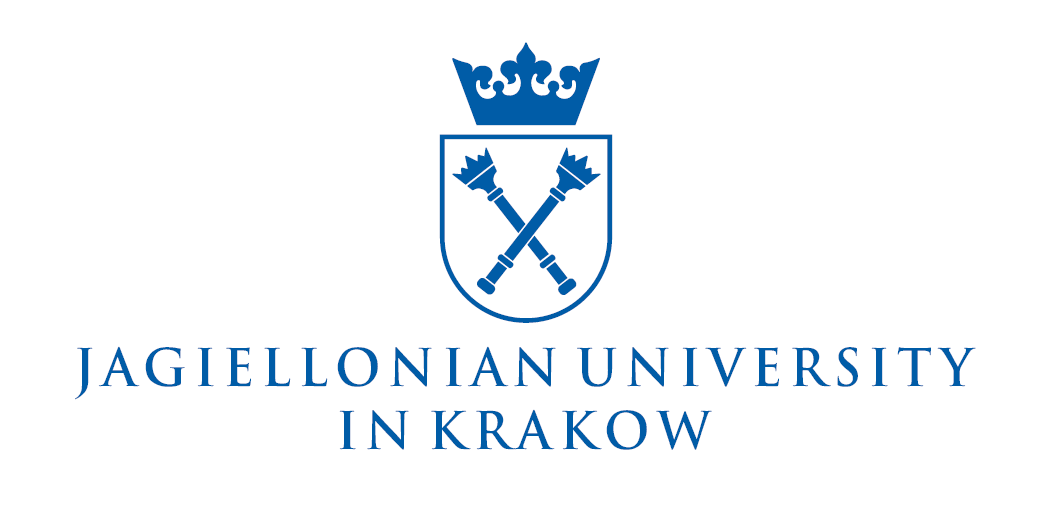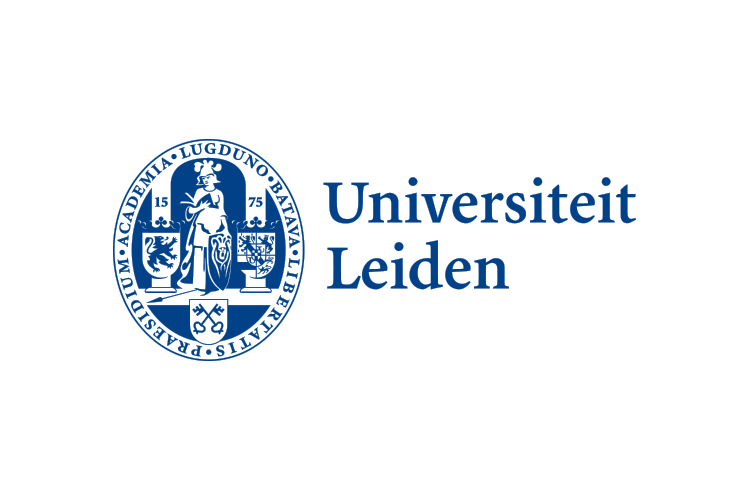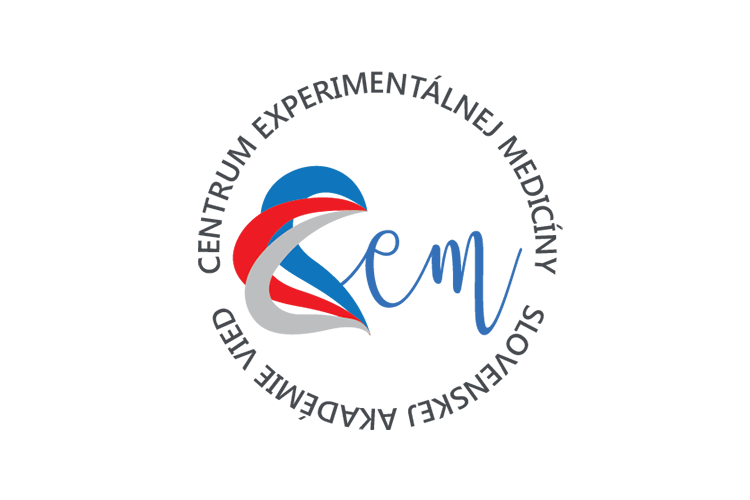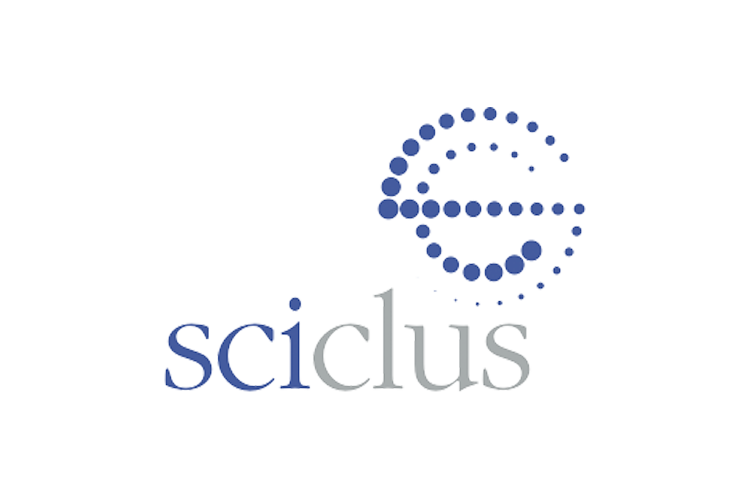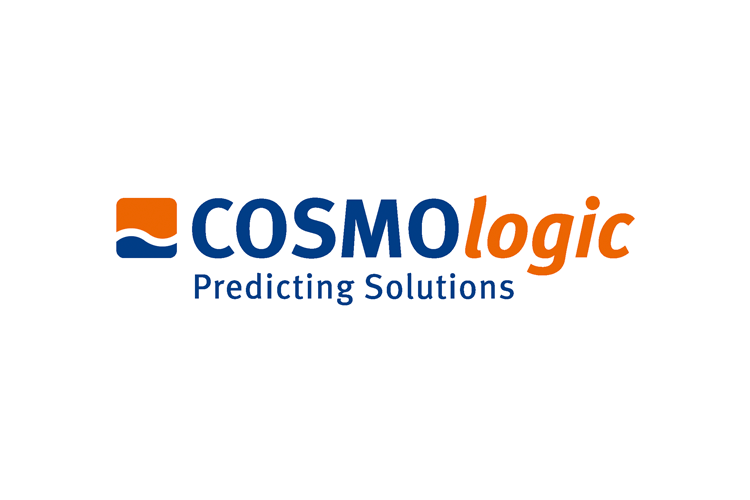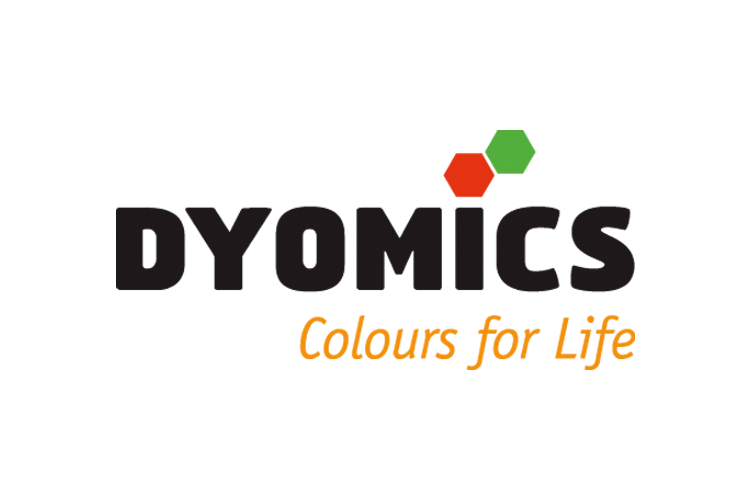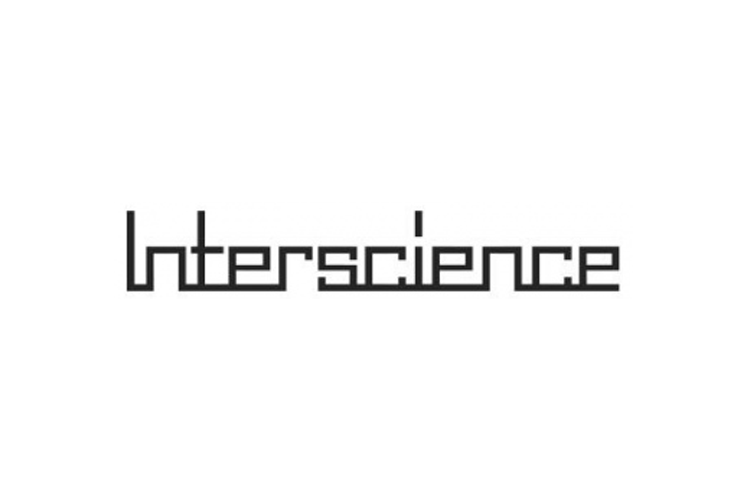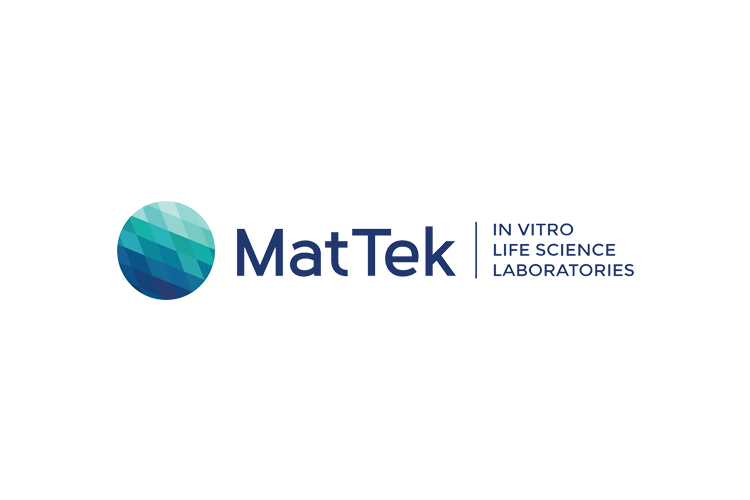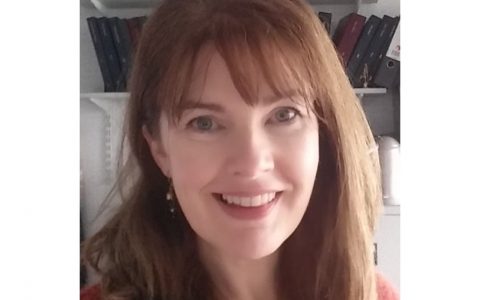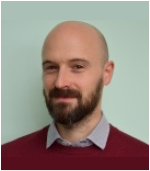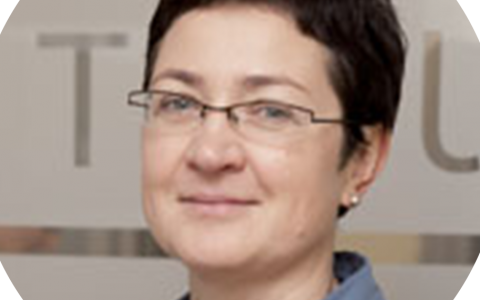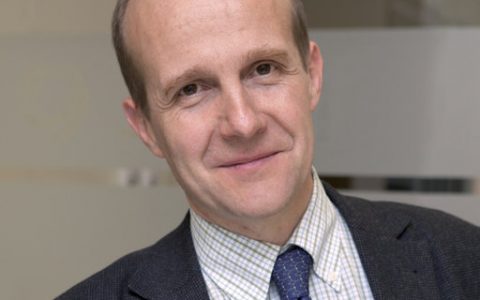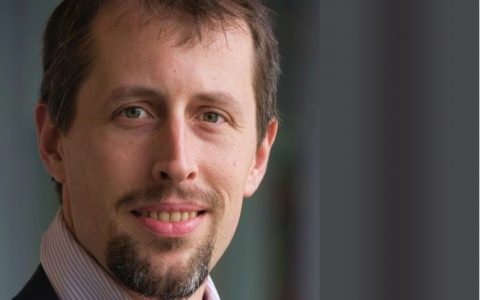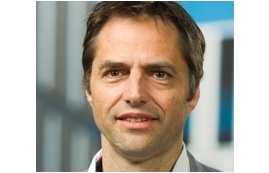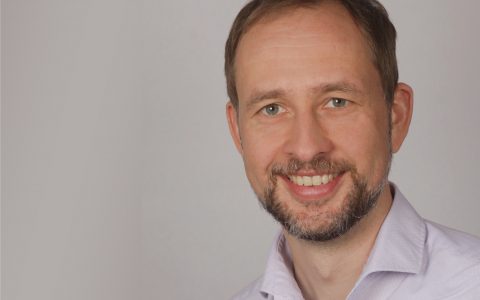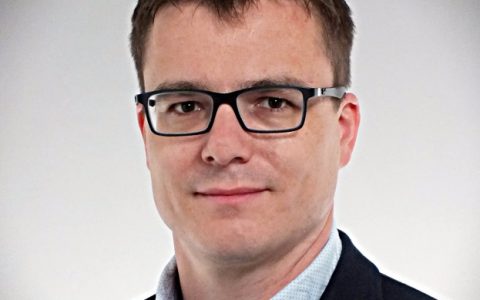Background
Molecular logic gates as tailor-made diagnostic tools for early identification of endothelial dysfunction
A dysfunction of cells lining the inner walls of blood vessels, i.e. the endothelium, is the primary cause of many lifestyle related diseases such as atherosclerosis. According to the WHO, those diseases accounted for 60% of all deaths worldwide in 2005. Tailor-made diagnostic tools for early and reliable identification of endothelial dysfunction are urgently needed both in fundamental research and clinical routine, respectively.
Our Idea
LOGIC LAB provides a multi-disciplinary research network, in which 14 Early-Stage Researchers will closely work together to overcome current obstacles in intracellular diagnostics.
Our Objectives
In LOGIC LAB, we aim to develop a new concept of molecular logic sensors that will pave the way for their application in biological matrices. Thus, we want to bring intracellular molecular logic sensing out of its niche existence.
Our Approach
LOGIC LAB uniquely combines academic and industrial expertise in synthesis and optical spectroscopy, molecular modelling, organ-on-a-chip microfluidic systems, metabolic profiling, endothelium-related diseases and toxicology.
Key Facts
People and Projects
Early Stage Researchers
LogicLab incorporates 14 PhD students (Early Stage Researchers – ESRs) in a multidisciplinary and international research team. Each ESR is hosted in a beneficiary institution and receives additional training during secondments at the industrial and other academic partners’ facilities. The students are integrated in an exciting research and training programme, enhancing their career perspectives in both the academic and non-academic sector.
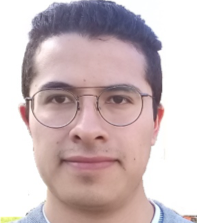 Ruben Arturo Arellano-Reyes (ESR 1)Supervisor: Prof. Tia Keyes (DCU)
Ruben Arturo Arellano-Reyes (ESR 1)Supervisor: Prof. Tia Keyes (DCU) Project: Synthesis of fluorescent sensors for NO/O2 and shear stress
I’m Ruben and I’m from Mexico. I started working with Professor Tia Keyes at Dublin City University in August 2019. As part of my project, I’ll be working on the synthesis of fluorescent sensors for NO/O2 and shear stress, which are relevant for endothelial dysfunction.
I have a pharmacist degree by National Polytechnic Institute, Mexico and a master’s degree in organic chemistry by University of Nantes, France. I’ve always been passionate about medicinal chemistry. During my previous research experiences, I worked on the synthesis of antiparasitic, antifungal and antiviral drugs.
I’m very excited to integrate LogicLab since it is a multidisciplinary and international team. I love learning foreign languages and discovering different cultures, so I’m convinced this project will make improve both my scientific and interpersonal skills.
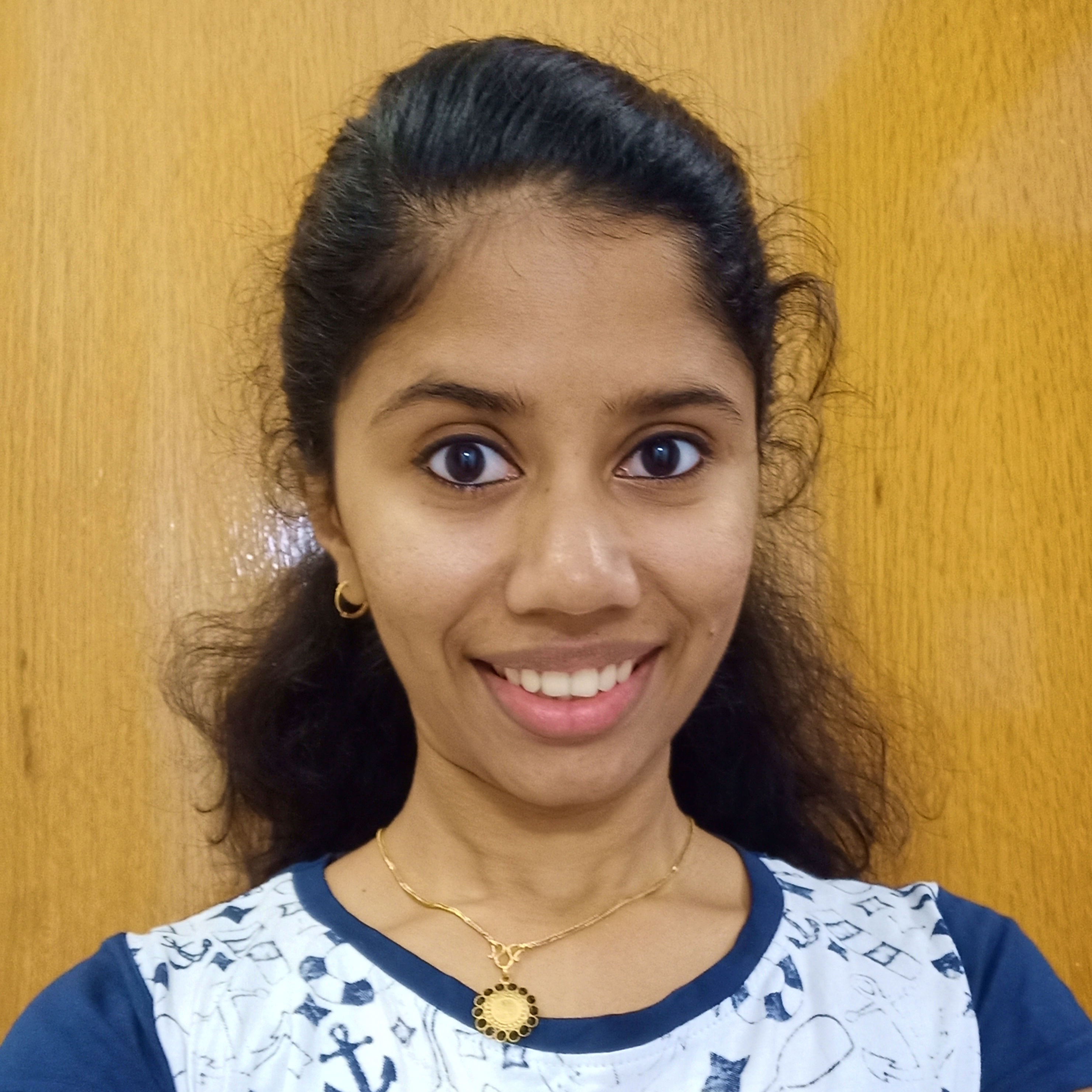 Amrutha Prabhakaran (ESR 2)Supervisor: Prof. Tia Keyes (DCU)
Amrutha Prabhakaran (ESR 2)Supervisor: Prof. Tia Keyes (DCU) Project: Highly fluidic lipid bilayers as 2D cell membrane models
I am Amrutha Prabhakaran from India. I obtained my Bachelor’s degree and Master’s degree in Chemistry. I was working on “Synthesis and Characterization of Boron and Nitrogen doped Graphene by Hydrothermal process” for my Master’s dissertation program. After that, I was doing a project on “Preparation of Advanced Materials Based on Graphene-Transition metal dichalcogenide (TMDs) nanostructures: Electrochemical Studies and Application for the Detection of Biomarkers” in CSIR-Central Electrochemical Research Institute, India.
During my PhD I will prepare and investigate highly fluidic lipid bilayers as 2D cell membrane models. The aim of the doctoral project is to build robust fluidic lipid membrane models into which photoactive supramolecular assembles are reconstituted. Apart from this, I am interested in traveling and dancing.
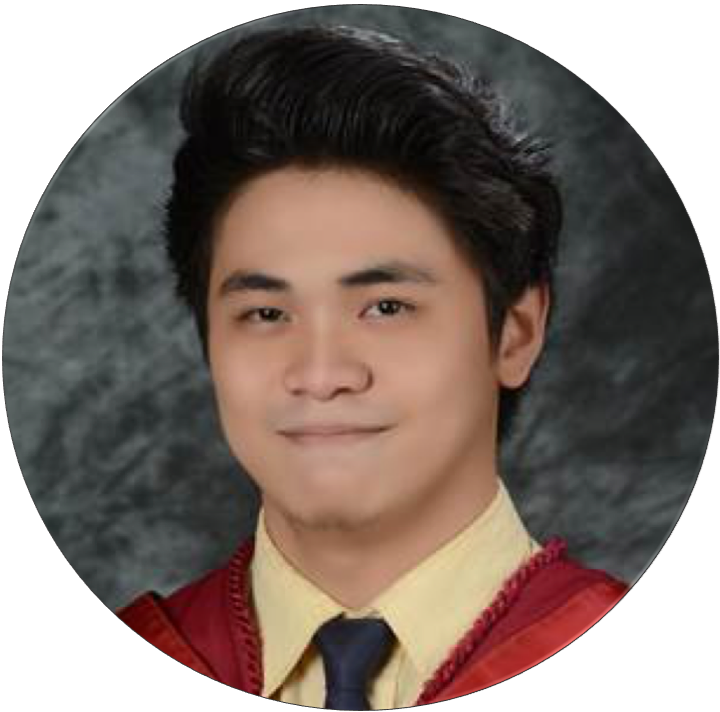 Rengel Cane Sia (ESR 3)Supervisor: Dr. hab. Julien Guthmuller (GUT)
Rengel Cane Sia (ESR 3)Supervisor: Dr. hab. Julien Guthmuller (GUT) Project: Quantum Chemical Investigation of Molecular Sensors: From Solution to Complex Environments
I’m Rengel, born and raised in the Philippines. Dynamic, clever and ambitious. As an undergraduate I did kinetic modeling on Copper-catalyzed atom transfer radical addition (ATRA). Then I was inspired to do both theoretical and experimental studies, which led me to propose my master’s thesis on Synthesis, Computational, Electrochemical, and Photoconductivity Studies on Naphthalene and its derivatives. This led to a master’s degree in Chemistry in the Mindanao State University – Iligan Institute of Technology (MSU-IIT).
I joined the Gdansk University of Technology on October 2019. I am in charge of the theoretical spectra calculations – predicting which molecules are good sensors in terms of their absorption and emission properties. I will begin with the simplest vacuum conditions, and then extended to systems in solution and finally, to complex environments which are ideally a good representation of the interactions in biological media.
I’m a professional bass player. I play music on weekends to relieve stress and express creativity. I also like to read fantasy novels, read about Nobel laureates and current advances in science and technology, and do some ethical experiments on my food.
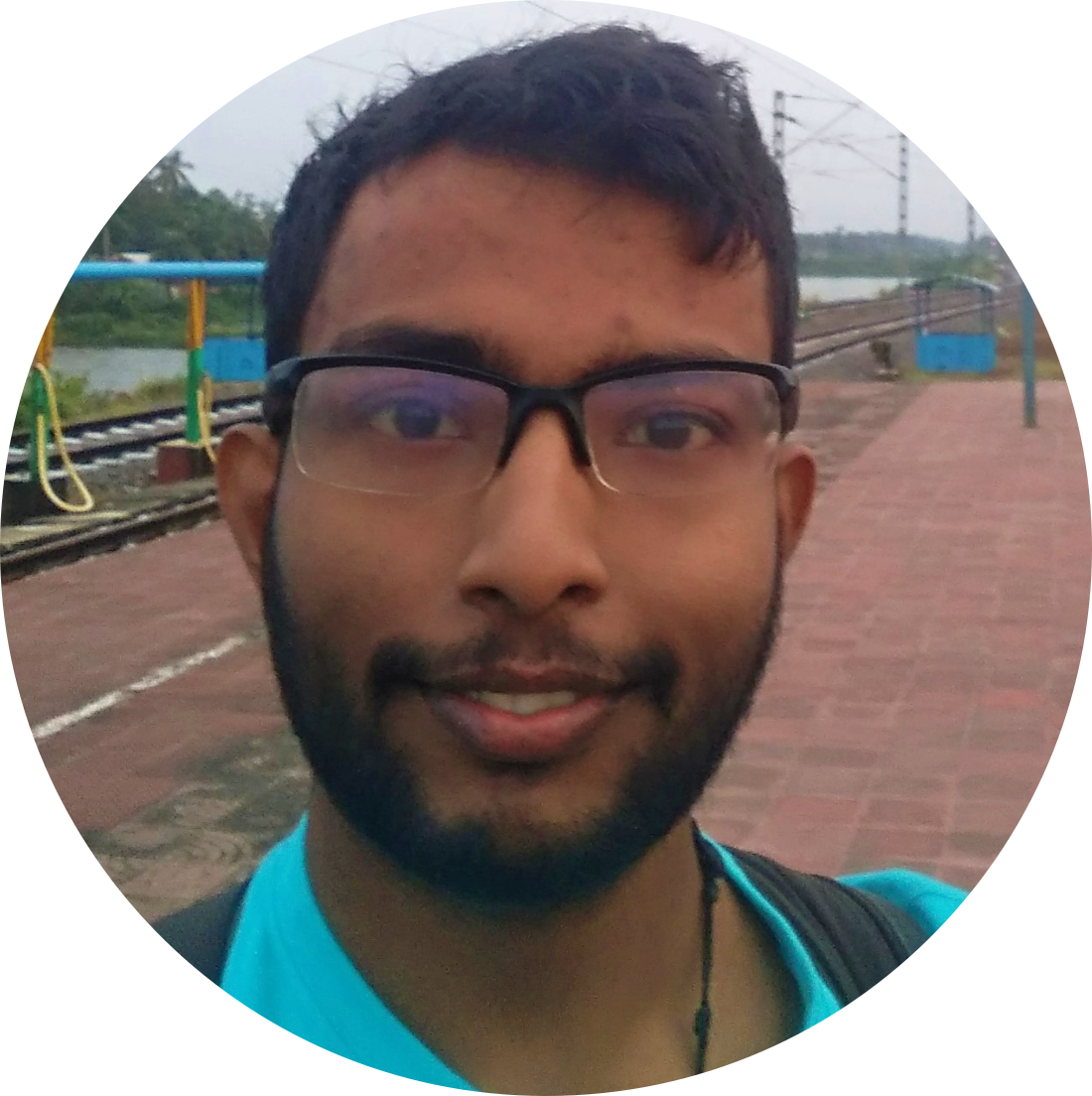 Soumik Ghosh (ESR 4)Supervisor: Dr. Martin Presselt (SciClus)
Soumik Ghosh (ESR 4)Supervisor: Dr. Martin Presselt (SciClus) Project: Developing strategies to account for complex environments
I am Soumik, from Kolkata, India. I have lived there my whole life and obtained my Bachelors from St. Xavier’s College, Kolkata and Masters from Scottish Church College, Kolkata in Chemistry. I was a fellow to Kishore Vaigyanik Protsahan Yojana, which got me interested in computational chemistry. My Master’s thesis was about application of simple Machine Learning on Boron and Phosphorus Clusters. In Jena, I will be investigating the implementation of molecular simulations, and try to model and calculate the interaction of dyes with complex environments. I hope to implement this, with the help of the network partners on the novel sensor molecules. My aim is to establish a method that works for steadily more complicated environments and ultimately for a membrane interface.
In my free time I like researching into myths, folk and fairy tales along with traveling.
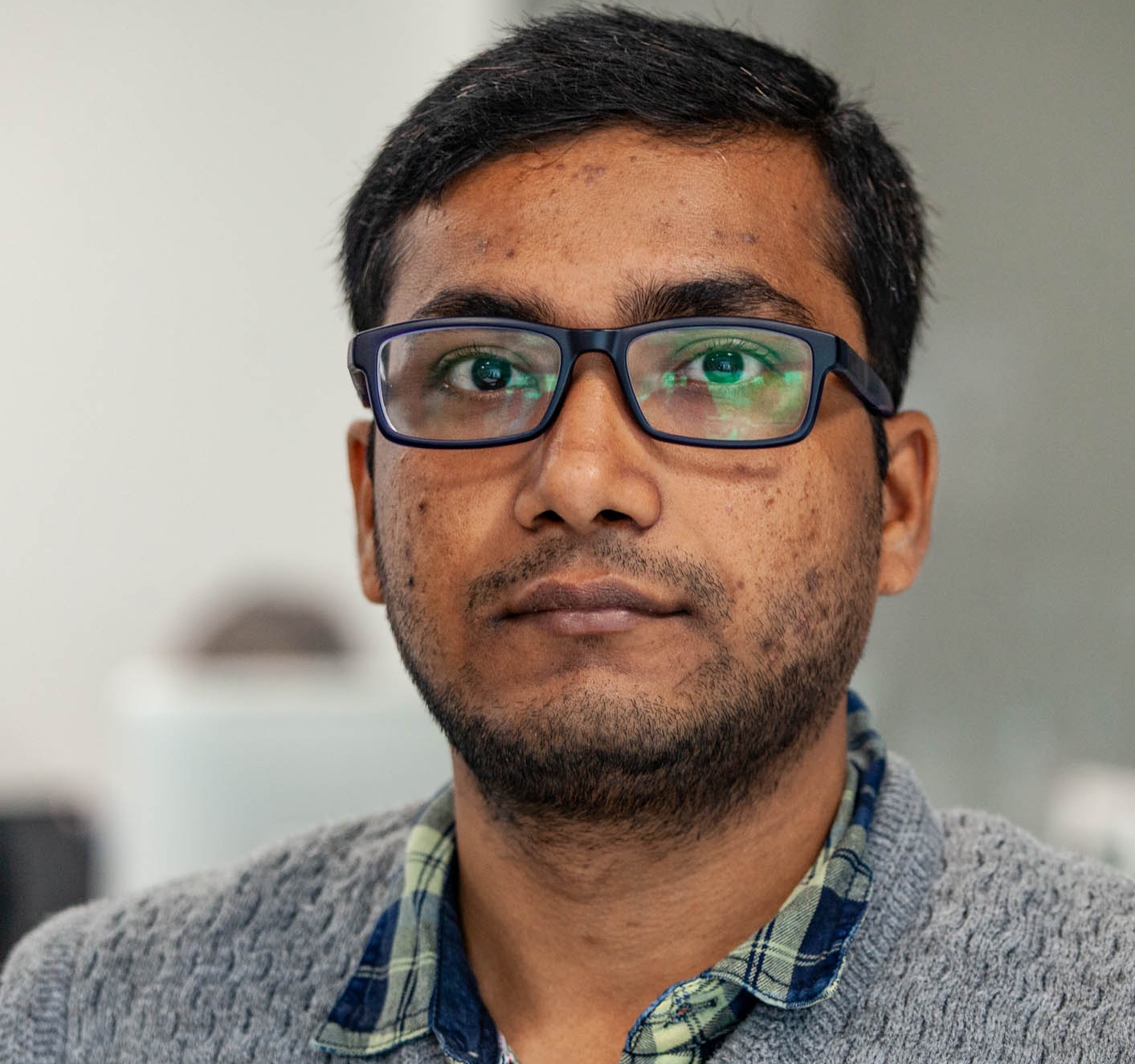 Keshav Kumar Jha (ESR 5)Supervisor: Prof. Benjamin Dietzek (Leibniz IPHT)
Keshav Kumar Jha (ESR 5)Supervisor: Prof. Benjamin Dietzek (Leibniz IPHT) Project: Photo-induced excited-state properties of molecular sensors and supramolecular logic gates in solution and membrane models
I’m Keshav Kumar Jha. I obtained my masters in Optoelectronics and Laser Technology from Cochin University of Science and Technology, Kochi. For my master thesis, I developed a multiphoton microscope to image and characterize nanostructures and biological samples at Indian Institute of Science, Bangalore, India.
The aim of my PhD project is to evaluate photo-induced excited state properties of molecular sensors using ultrafast time-resolved spectroscopy and fluorescence spectroscopy. This work is very challenging and interesting as it will lead to the development of new molecular sensors. Personally, I like to learn and teach Yoga and meditation.
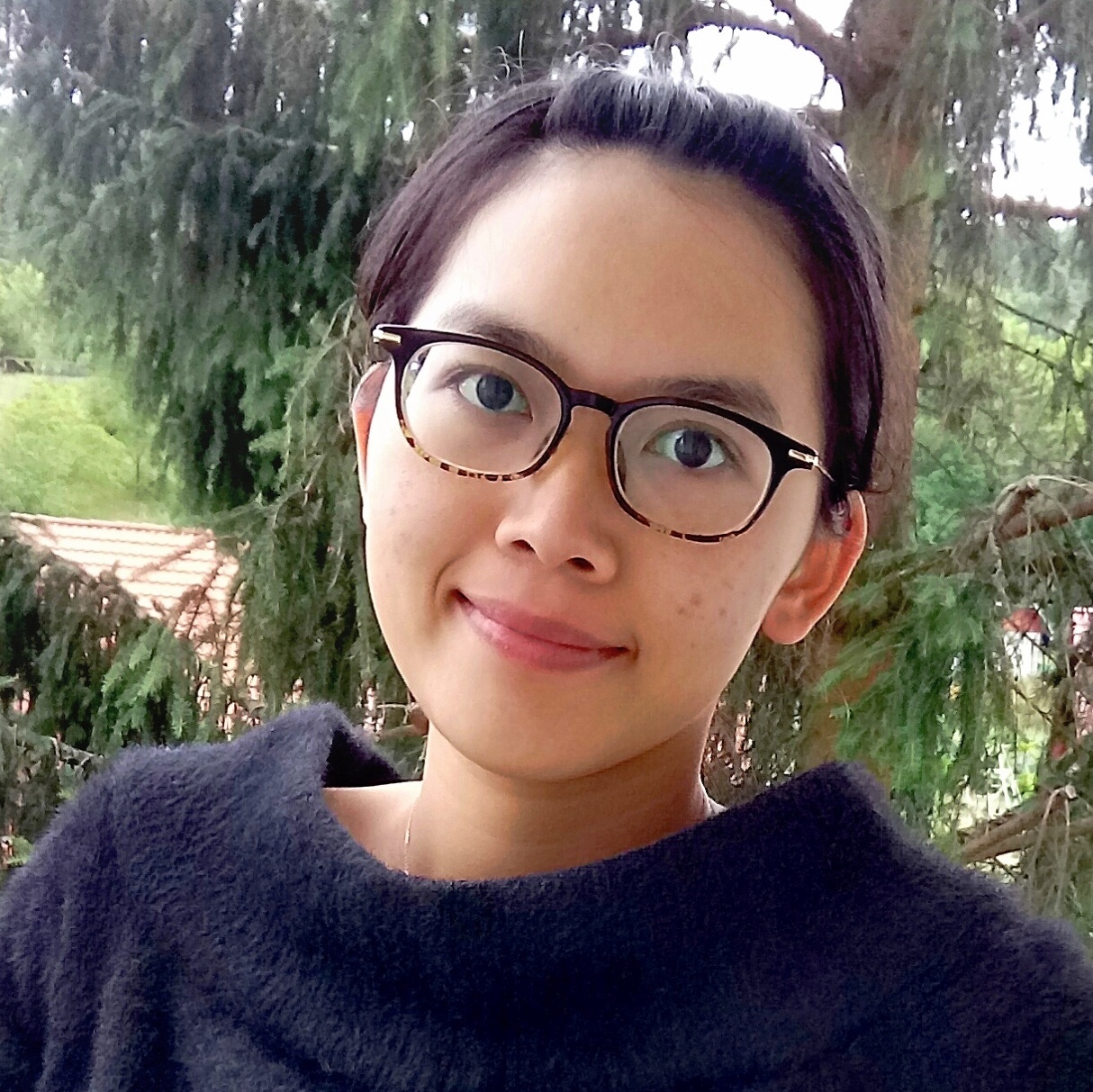 Tingxiang Yang (ESR 6)Supervisor: Prof. Benjamin Dietzek (Leibniz IPHT)
Tingxiang Yang (ESR 6)Supervisor: Prof. Benjamin Dietzek (Leibniz IPHT) Project: Transient absorption microscopy of a lab-on-a-vesicle in vitro and ex-vivo
My name is Tingxiang Yang. Born in China, I obtained my bachelor’s degree in Opto-Electronics Information Engineering from Changchun University of Science and Technology, China. Because of the joint Chinese – Russian master program, I completed my master’s degree in Optical Engineering from Changchun University of Science and Technology, China, and Saint Petersburg National Research University of Information Technologies, Mechanics and Optics, Russia. My master’s work focus on restoration methods for image observed through turbulent medium.
As a Marie Skłodowska-Curie ESR at Leibniz IPHT I’m researching transient absorption microscopy of sensor vesicles in vitro and ex-vivo. In my spare time, I like hiking in the mountains and photography.
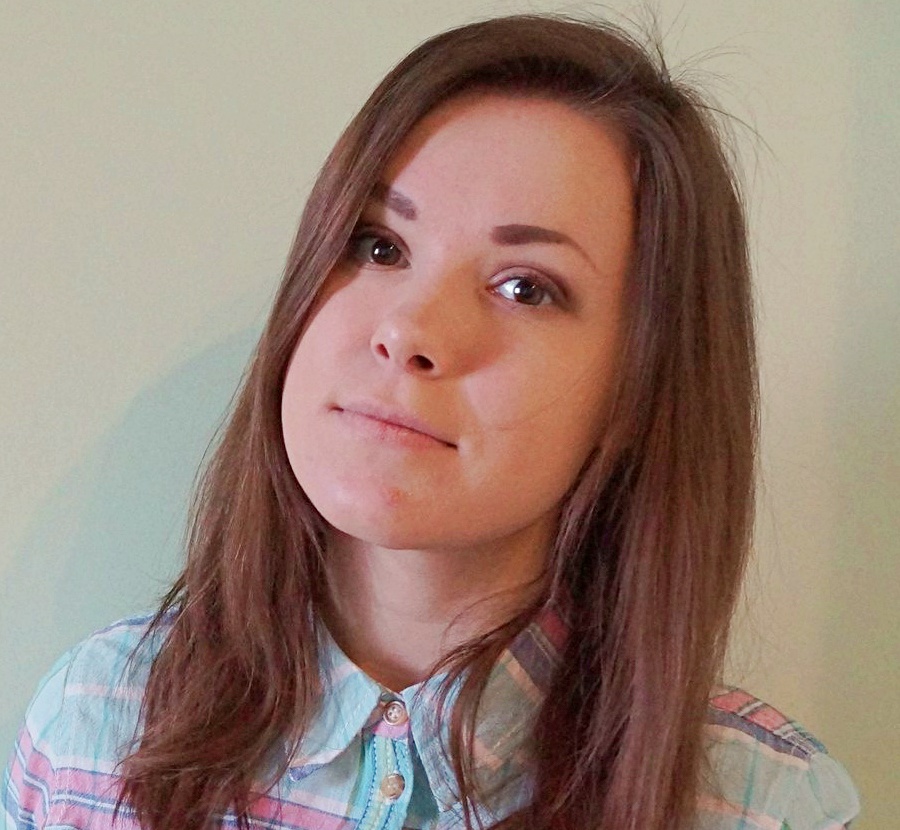 Valeriia Andreeva (ESR 7)Supervisor: Prof. Sylvestre Bonnet (UL)
Valeriia Andreeva (ESR 7)Supervisor: Prof. Sylvestre Bonnet (UL) Project: Molecular sensors for calcium ion detection at lipid membranes
Hello everyone! My name is Valeriia Andreeva and I work as an Early Stage Researcher at Leiden Institute of Chemistry.
I have a background in chemistry working with lipids and porphyrins. During my bachelor project in Moscow State University of Fine Chemical Technology I synthesized a lipid which lays out as a base for liposomes for further investigations in a field of gene therapy. In my master thesis I investigated methods which allow to shift light absorbance peaks of β-alkylporphyrins to the red area via modifying their structure. The objective of this work was to increase the efficiency of Dye Sensitized Solar Cells.
Since August I am working as a PhD student in Leiden University, developing molecular sensors for calcium ion detection. This research topic summarizes my background and gives me a new challenge.
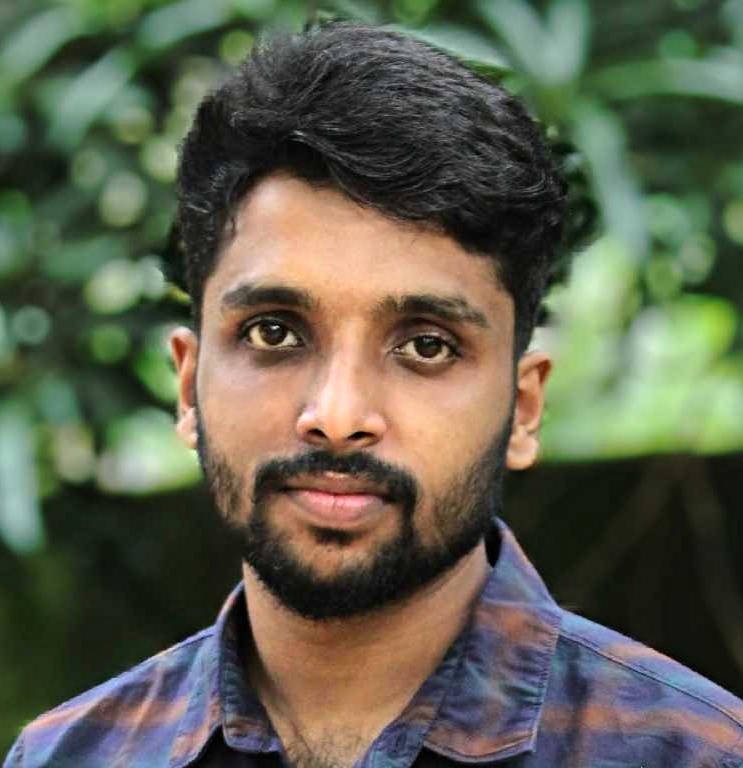 Aswin Krishna R. Chandrababu (ESR 8)Supervisor: Prof. Sylvestre Bonnet (UL)
Aswin Krishna R. Chandrababu (ESR 8)Supervisor: Prof. Sylvestre Bonnet (UL) Project: Functionalization of endothelial cells with logic gates and photo-NORMs
I am Aswin and I was born and raised in Kerala, India. I obtained my Bachelor of Science-Master of Science (BS-MS) Dual Degree in Chemistry and Biology from Indian Institute of Science Education and Research Thiruvananthapuram (IISER TVM). My master thesis work was focused on chirality in phenylalanine functionalised phenylene-ethynylenes with C3-symmetry. Later, I was working on an industrial project (IMPRINT) aimed at designing a surface-enhanced spectroscopy based device for the rapid detection of pesticides and insecticides in fruits and vegetables at IISER TVM.
I joined Leiden University in September 2019. The aim of my PhD project is to obtain molecular sensors and photo-NO releasing molecules that can be integrated in liposome formulations. It can be helpful in functionalizing living endothelial cells with the sensing or NO-release function.
I’m very excited to be part of this interdisciplinary team and I’m sure that this would provide me with the right guidance and research environment to nurture my overall development as an independent research scientist. I love sports and learning foreign languages.
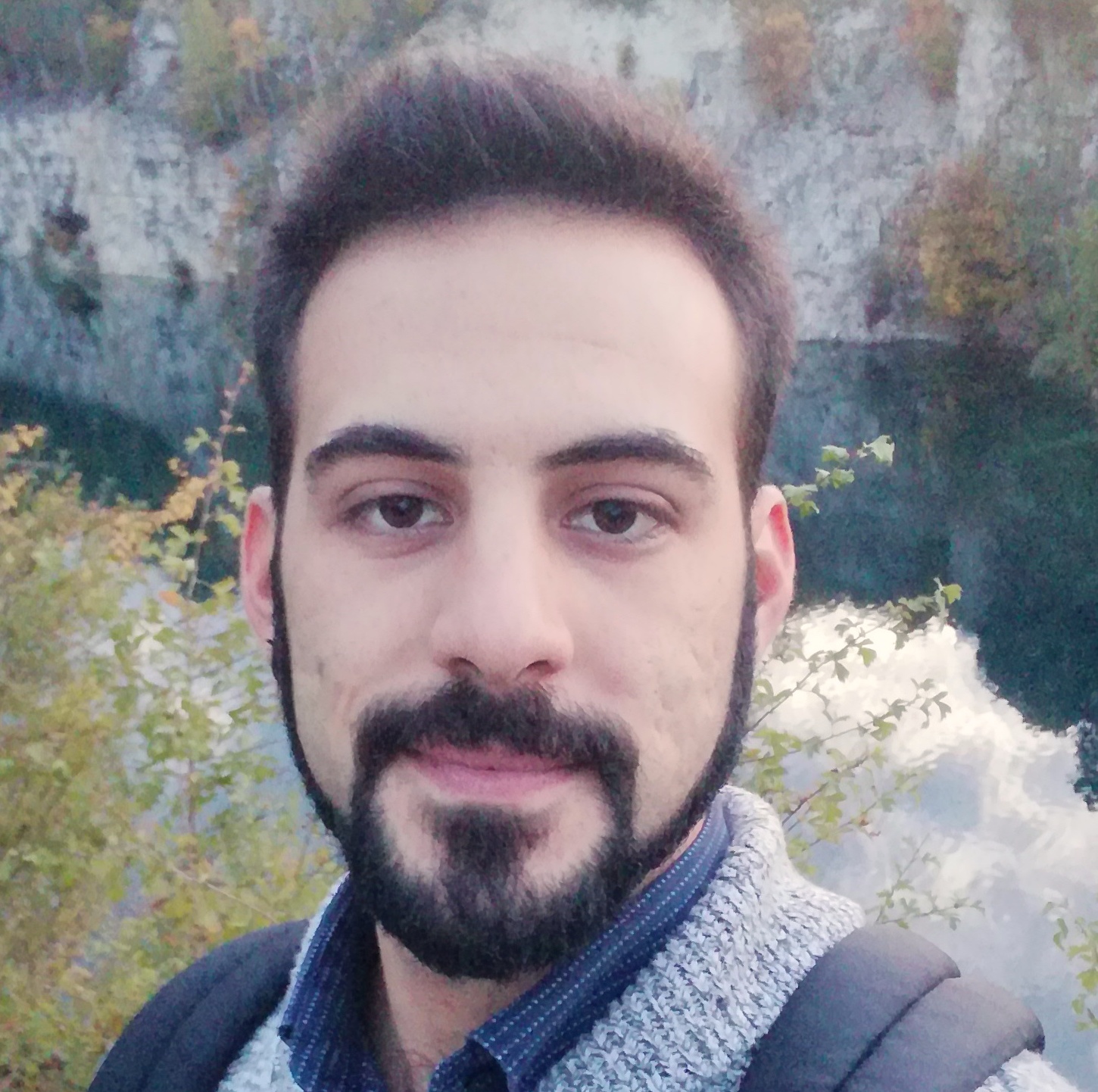 Stefano Rocchetti (ESR 9)Supervisors: Prof. Stefan Chlopicki (JCET)
Stefano Rocchetti (ESR 9)Supervisors: Prof. Stefan Chlopicki (JCET) Project: Multimodal imaging of labs-on-a-vesicle in endothelial pathology models in-vitro
Hi all! My name is Stefano and I was born in Italy. In Genoa, my hometown, I have studied to obtain my bachelor and master degree in biomedical engineering. Due to the interdisciplinarity of this field, my background comprises knowledge from programming, bioelectronic, biochemistry, cellular and tissue engineering and others fields related to the “human” and “bio” environments. I traveled to Copenhagen, Denmark, for working on my master thesis project with the aim to develop an in vitro model for Parkinson’s disease, combining human neural stem cells, microfluidic devices and neurite guidance strategies.
In September 2019 I joined the Jagiellonian Center for Experimental Therapeutics (JCET) in Krakow, Poland.
My first step here will be to study endothelium physiology and pathology using microfluidic devices and multimodal imaging in in vitro model, to be able to validate in further studies labs-on-a-vesicle approach being developed by the project consortium.
In my free time, I like hiking and climbing, but also scuba diving and dancing.
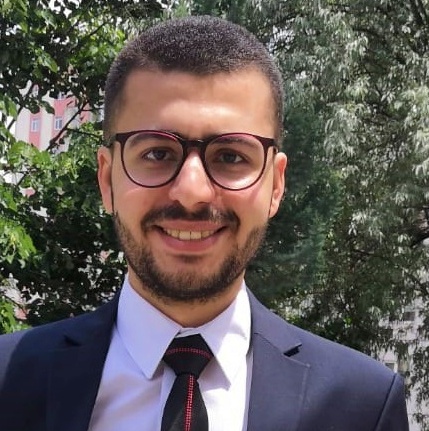 Basseem Radwan (ESR 10)Supervisor: Prof. Malgorzata Baranska (JUK)
Basseem Radwan (ESR 10)Supervisor: Prof. Malgorzata Baranska (JUK) Project: Multimodal imaging of labs-on-a-vesicle in endothelial pathology models ex-vivo
Hi, I am Basseem Radwan. I am Egyptian, but I have been living in Turkey for the past 6 years where I obtained my master’s degree in Pharmacy. My master thesis was about the safety of Chelators used in the treatment of iron overload in Sickle Cell Disease patients. I participated in other research projects and internships where I performed tasks such as cell culturing, IR and UV-VIS spectroscopy, chromatography and in-vivo studies.
In October 2019, I joined the Jagiellonian University in Krakow where I will carry out my PhD project under the supervision of Prof. Baranska, after getting familiarized with the Raman Imaging and other related techniques.
I like swimming, traveling and exploring new things.
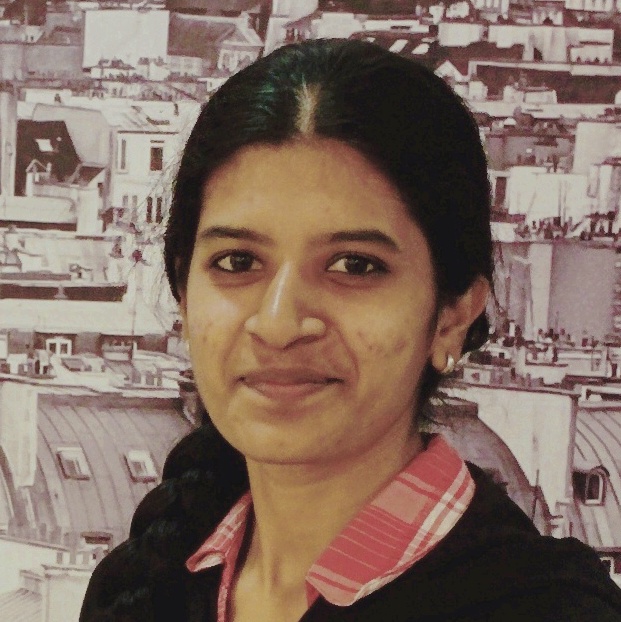 Kanchana Pandian (ESR 11)Supervisor: Prof. Thomas Hankemeier (LACDR Leiden)
Kanchana Pandian (ESR 11)Supervisor: Prof. Thomas Hankemeier (LACDR Leiden) Project: Metabolomics of vascular function
I’m Kanchana Pandian from India. I have a Bachelor’s Degree and Master’s Degree in Advance Biochemistry. My master’s thesis is on ‘Study of secretory granule biogenesis using two protein hormones’ in Neurobiology laboratory, Bio Science and Bio Engineering department, Indian Institute of Technology Bombay. Later, I was a project associate working on ‘Development of microfluidics based health care diagnostics’ in Mechanical Engineering Department, at Indian Institute of Technology Madras. Now I’m doing my PhD on ‘Metabolomic study of on chip blood vessels in diseased conditions’ at LACDR, Leiden University. My aim is to develop effective chip based diagnostic tools for many blood vessel related disorders.
My hobby is sketching, listening songs and do crazy clicks of Nature’s beauty.
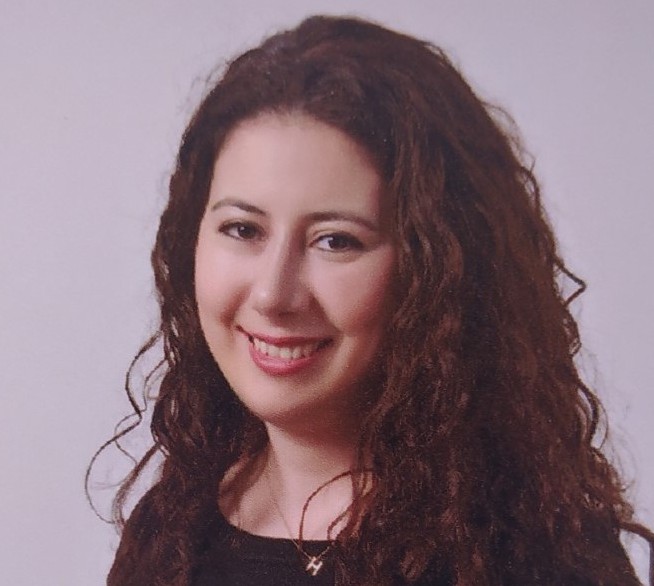 Hande Özbaşak (ESR 12)Supervisors: Dr. Lucia Rackova / Dr. Mojmir Mach (SAS)
Hande Özbaşak (ESR 12)Supervisors: Dr. Lucia Rackova / Dr. Mojmir Mach (SAS) Project: Toxicology of logic gates and their evaluation in an in-vitro model and ex-vivo
Hi! I’m Hande, I was born and raised in İstanbul, Turkey. I graduated with a bachelor’s degree in Biology from Istanbul University. I obtained my master’s degree in Pharmacology from the Faculty of Pharmacy Hacettepe University in Ankara. The aim of my master’s thesis was to investigate the pathogenesis of the relationship between Aβ-cholesterol pathways and autophagy-related pathways. During my master’s thesis time, I created an Alzheimer’s disease model in cell culture and performed the experimental acute systemic toxicity assay using lab animals and cytotoxicity assays. Before I joined LogicLab, I worked as a Molecular Biologist in a company that produces in-vitro diagnostic Real-time PCR kits such as SARS-CoV-2.
I’m so excited to be part of LogicLab as it provides a multi-disciplinary research network. My aim is to evaluate the cytotoxicity of novel compounds such as NO-releasing compounds established by other LogicLab scientists.
In my free time, I enjoy biking, dancing and swimming.
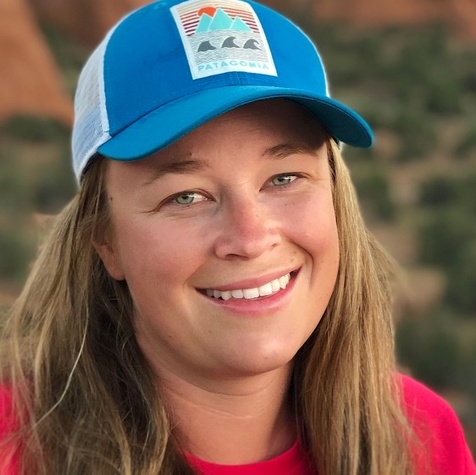 Haley Ehlers (ESR 13)Supervisor: Dr. Lenie van den Broek (Mimetas)
Haley Ehlers (ESR 13)Supervisor: Dr. Lenie van den Broek (Mimetas) Project: Development of a healthy and diseased microfluidic artery model
I am Haley Ehlers and I joined Mimetas in Leiden, Netherlands in July 2019. The goal of my project will be to develop a healthy and diseased microfluidic artery model in OrganoPlates® and to incorporate sensors and supramolecular logic gates in this model. With these models, it will be easier to study coronary artery disease in a more representative in vivo-like setting.
I obtained my bachelor’s in biomedical engineering from California Polytechnic State University in San Luis Obispo, California, USA before continuing to get my master’s in biomedical engineering with a Specialization in Regenerative Medicine from California Polytechnic Sate University. During my master’s, I worked on developing a cell infiltration assay, studying angiogenesis in murine models and creation of blood vessel mimics using a perfusion model.
In my spare time, I enjoy hiking and biking as well as serving on the board of a nonprofit working to provide eye care to fight poverty.
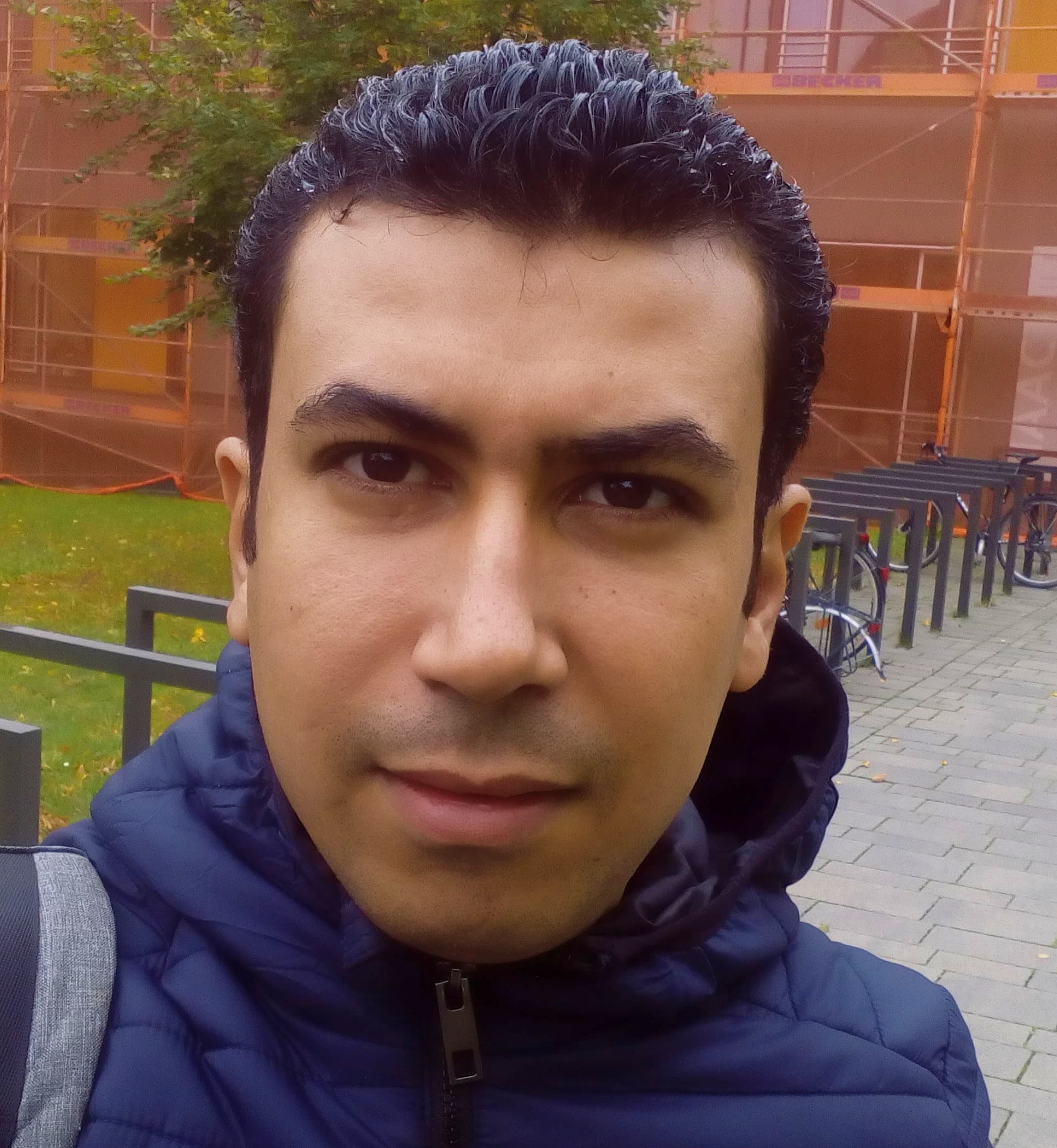 Hani Mohammed A. Elbeheiry (ESR 14)Supervisor: Dr. Martin Schulz (FSU)
Hani Mohammed A. Elbeheiry (ESR 14)Supervisor: Dr. Martin Schulz (FSU) Project: Synthesis and characterization of upconversion-based NO-releasing molecules (photo-NORMs)
I am Hani Elbeheiry, born in Dakahliya, Egypt. I obtained my Bachelor in chemistry from the Faculty of Science, Damietta University, Egypt in 2013. I have completed my master studies in organic chemistry, especially organic synthesis at the same institution. Since October 2019, I’m working as an Early Stage Researcher at Friedrich Schiller University Jena. In my project I will develop photo-induced nitric oxide-releasing molecules where the design of these molecules will give them the accessibility to act as molecular logic gates.
Besides my passion for chemistry, I like to play and watch football.
Team
People behind Logic Lab
The multidisciplinary constitution of the LOGIC LAB consortium and PIs having excellent knowledge and an outstanding international reputation in their respective research area, provide the basis for the successful realization of innovative molecular logic gates and a high-quality scientific education of ESRs.
Prof. Dr. Benjamin Dietzek
Leibniz IPHT // Scientific CoordinatorProf. Dr. Tia Keyes
Dublin City UniversityDr. hab. Julien Guthmuller
Gdansk University of TechnologyProf. Dr. Malgorzata Baranska
Jagiellonian University KrakowProf. Dr. Stefan Chlopicki
Jagiellonian Centre for Experimental TherapeuticsProf. Dr. Sylvestre Bonnet
Leiden University (LIC)Prof. Dr. Thomas Hankemeier
Leiden University (LACDR)Dr. Martin Schulz
Friedrich-Schiller-University JenaDr. Lenie van den Broek
MimetasRNDr. Mojmir Mach
Centre of Experimental Medicine SASDr. hab. Martin Presselt
SciClus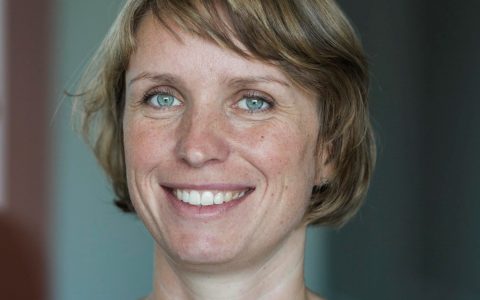
Dr. Anja Schulz
Leibniz IPHT // Network AdministrationContact
LogicLab ITN
Albert-Einstein-Str. 9
07745 Jena
Germany

